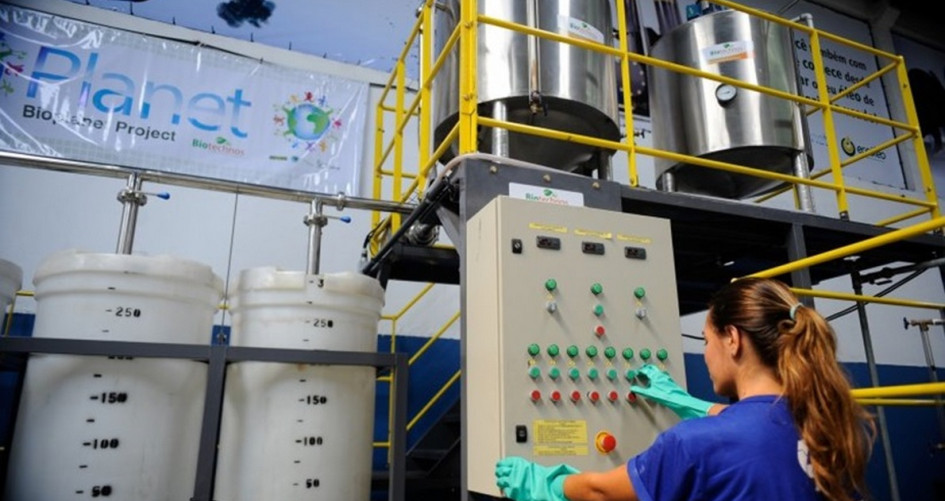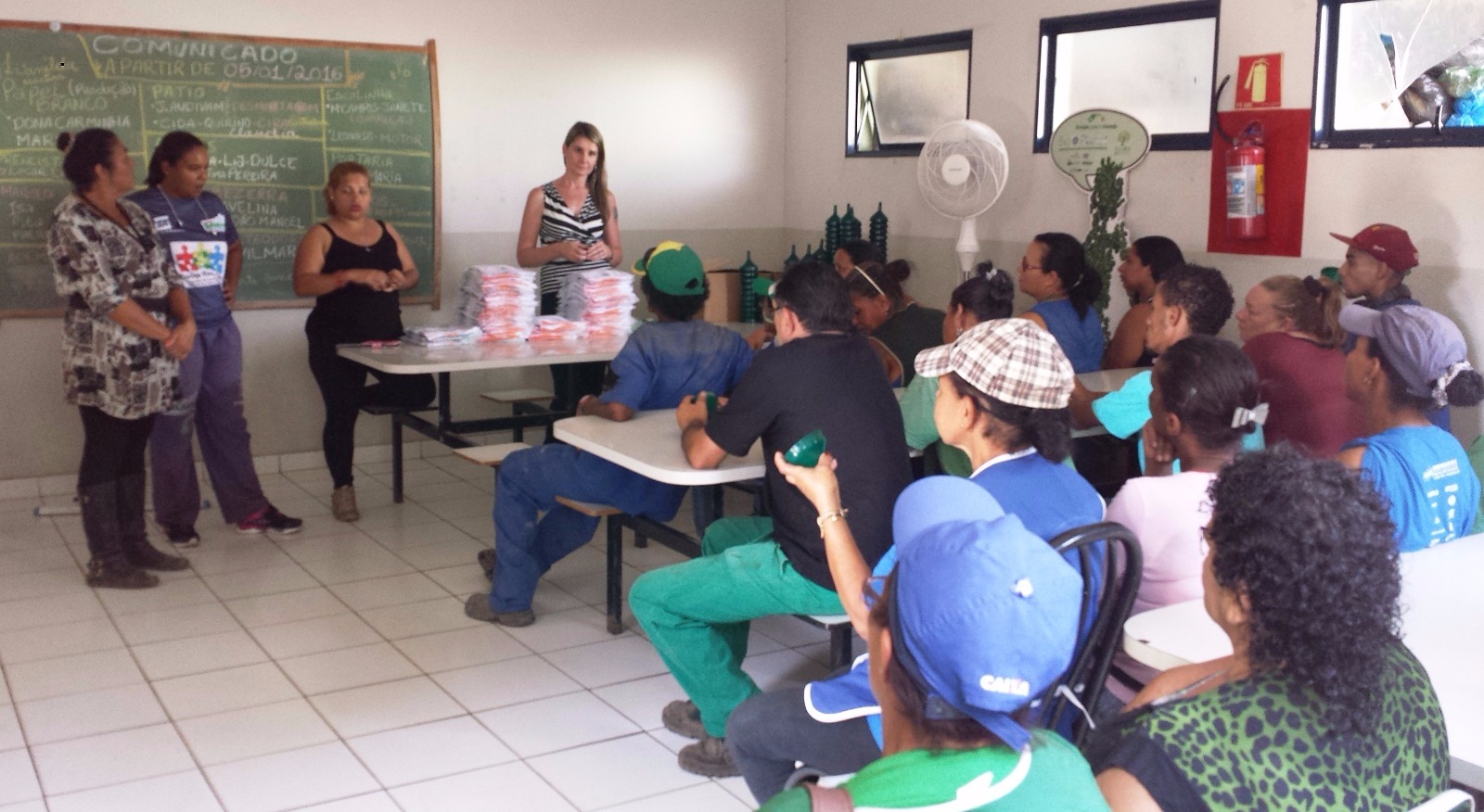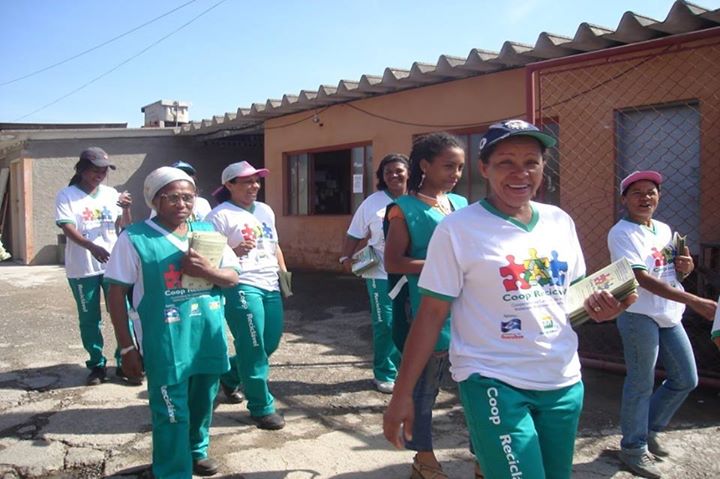In Brazil, 1.5 billion liters of waste oil is discarded every year, with significant impacts on water quality. Márcia Werle is the founder and president of Biotechnos, a Brazilian company that has found a technological way to reuse residual kitchen fats to produce biodiesel. In 13 years, her company has already helped to install 28 sustainable biofuel plants throughout Brazil, generating more than 1,500 direct and indirect jobs. Together, these plants have produced more than 1 million liters of biodiesel.
There is a large market for biofuel in Brazil, from power generation to transportation. The reach of the program for women beneficiaries is also significant, given the presence of women in all stages and parts of the production, generation, consumption, use and operational results chain. In addition to the benefit of using this type of fuel, which reduces greenhouse gas emissions by up to 60%, the Biotechnos process also helps local communities.
Key facts
- Ten years after its founding, Biotechnos has helped to set up 28 sustainable biofuel plants throughout Brazil, generating more than 1,500 direct and indirect jobs.
- These 28 plants have a daily production capacity (and, consequently, recycling in a similar volume of waste oils) around 30 thousand litres of second-generation biodiesel.
- This average daily production volume translates into the reduction of 80 tonnes of carbon dioxide equivalent (CO2e) daily and the protection of 750,000 cubic meters of drinking water.
The challenge
In Brazil, 1.5 billion liters of waste oil is discarded every year, with significant impacts on water quality.
In addition, more than 50% of the solid urban waste in Brazil is composed of organic waste. Every year, Brazil produces almost 37 million tonnes of organic waste (2019), which invariably pollutes the environment. This waste has economic potential to become fertilizer, fuel gas and even energy. However, only 1% of what is discarded is reused.
The solution
By processing waste oil into biofuel on a small scale, Biotechnos avoids some of the negative impacts of large-scale conventional biofuel production, which threatens food security - due to the use of land for fuel production in detriment of food production - and the large water footprint in their production process.
Helping the planet
Through Biotechnos' efforts to reuse residual kitchen fats to produce biodiesel, the company’s founder and president Márcia Werle saw the need to promote environmental awareness for the communities and to change the culture of discarding used vegetable oil and expand its uses and destination. This strengthened her understanding that it is not enough just to transform the residue fats into fuel, it is necessary to preserve the environment, transforming environmental liabilities into assets.
With this in mind, the Bioplanet project was born. Since 2009, the project has carried out campaigns throughout the country, directly reaching directly more than 150,000 families, from small towns in the interior of Brazil to needy communities in large cities of the country.
Helping people
In addition to the environmental benefit of using this type of fuel, the Biotechnos process also helps local communities. For example, in schools, the litres of used oil were exchanged for points, which were then reverted to school materials or other materials such as uniforms and items for physical education. The initiative became a model in the city of Santa Rosa in Rio Grande do Sul and was adopted by other schools in the region.
In addition, thousands of women are engaged in the correct disposal of residual oils and fats, in more than 500 cities in all 27 states of Brazil. These women are school teachers and school cooks, are managers and collaborators of partner companies and, mainly, are recyclable material collectors.
Wider community participation includes restaurants, bars, hotels and other food establishments, which collect and properly dispose of cooking oil used to produce biodiesel. The project integrates the social movements of women for the collection of saturated vegetable oils in cooking food, for the development of income and social stimulus from the production of energy from the processing of the collected oils. It generates work and income, especially for single mothers.
In 2019, the Bioplanet Institute - Energy for the World (IBioplanet) was founded. The purpose of IBioplanet is to promote the construction and expansion of critical awareness of sustainable development of communities, cities and organizations through projects and partnerships in order to disseminate sustainable technologies and social practices.
One of IBioplanet's main objectives is the creation of Local Productive Arrangements, which can be replicated anywhere in Brazil and the world, generating income for families through practical actions in the collection and transformation of urban solid waste, especially used cooking oil and organic waste.
Spillover effect
The global biofuel market is expanding. In the Brazilian energy matrix, it accounts for 7% of the fuel. Small plants are an option to reduce fuel consumption costs in places where there is an abundance of alternative raw materials, such as residual oils and fats.




Images owned by the activity partners, all rights reserved.







